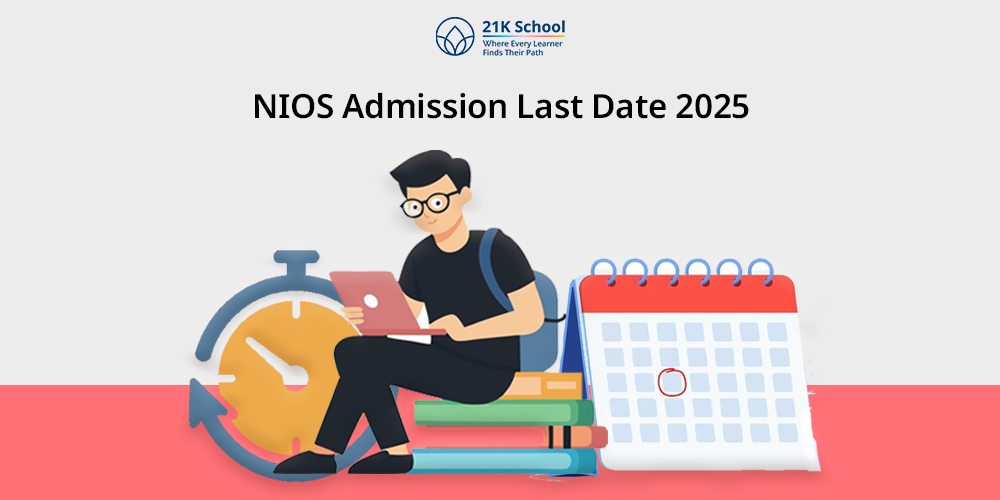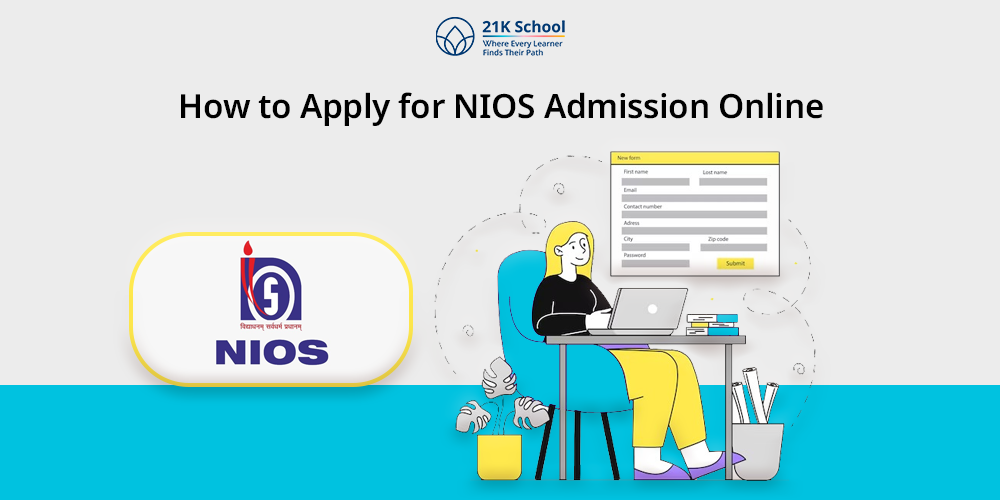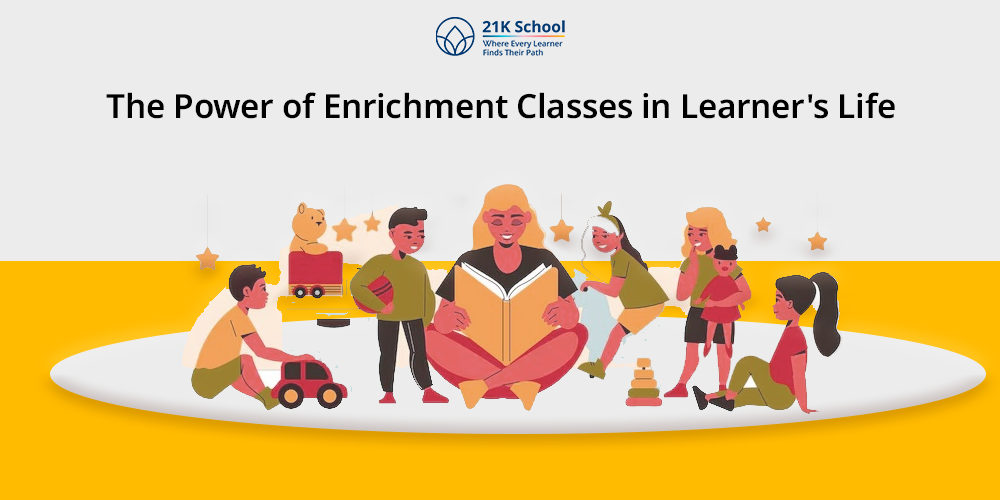
Do you know that coding is considered the backbone of computer programs
Coding has become a part of every industry, whether it is tech-driven or not. Learning coding at an early age helps them to master their coding skills and enables them to acquire future career opportunities.
A computer cannot understand human language. Coding is a computer language that helps make websites, applications, software, and other. So, coders are in huge demand today. There is no specific age to start coding.
Experts say that a child can begin coding even at the age of 5 to 7 years. You can start with logical games so that they will first develop an interest in coding. Kids can then move to tricky exercises.
Most studies have concluded that children who learn coding at the elementary school level perform better academically than children who don’t.
Contents
- 1 Best Age to Learn Coding: Why 5–7 Years Is Ideal for Kids
- 1.1 1. Helps In Understanding The Connected World Better
- 1.2 2. Huge Demand For Programmers
- 1.3 3. Increases Creativity
- 1.4 4. Problem-Solving Skills
- 1.5 5. Promotes Digital Literacy Skills
- 1.6 6. Promotes Career Opportunities
- 1.7 7. Promotes Collaborative Learning Environment
- 1.8 8. Enhance Computational Thinking
- 1.9 9. Playful Learning
- 1.10 10. Logical Thinking
- 1.11 11. Development of Cognitive Skills
- 2 What Are The Five Ways For Kids To Start Coding?
- 3 Conclusion
Best Age to Learn Coding: Why 5–7 Years Is Ideal for Kids
Teaching coding at elementary school level allows students to enhance their creativity and critical thinking skills. Learning coding promotes digital literacy as well prepares students for future career opportunities.
Learning coding along with academics allows students to enhance their educational performance and solve complex problems.
Teachers can use various effective and fun in learning strategies to encourage students’ participation. Following are the benefits of teaching coding at elementary school level.
1. Helps In Understanding The Connected World Better
Most people don’t know about smartphones, computers, and tablets working. But if a kid learns a programming language from a very tender age, they will look differently at the technology we use daily.
Coding will help them understand the connected world in a better way. Through utilising technologies and digital gadgets. Coding allows the to draw better conclusions regarding the tech industry and the digital world.
2. Huge Demand For Programmers
Coding has become an essential part in every field that allows students to acquire future jobs. Most jobs in the STEM ( Science, Technology, Engineering & Mathematics) field are related to computing.
So, if your kid learns coding from a very early age, they can have a lucrative career. They can even start his own business, like opening a website and selling products or creating mobile applications.
3. Increases Creativity
One of the major advantages of learning to code is that it allows kids to develop their creativity. Through coding, students learn about new things and explore every aspect of coding.
Kids have to go to school daily and do their homework. They want something creative at the end of the day to break their monotonous daily routine.
Kids who aren’t interested in dancing, singing, or music can develop expressive capability by learning to code. When a kid learns coding, they can start making their website or apps at a tender age.
4. Problem-Solving Skills
Coding allows kids to develop problem-solving skills, as indulging in coding allows them to see challenges as opportunities and develop practical solutions for them. If your kids acquire coding knowledge, they will gradually develop problem-solving skills. It will sharpen their memory.
So, in short, coding can also increase their cognitive skills. It will help them in approaching any issue with a solution approach.
5. Promotes Digital Literacy Skills
Teaching coding to students at the elementary level allows them to develop digital literacy skills. With the contribution of technology into education, digital literacy skills have become essential in every aspect.
While coding, students learn about using digital tools and platforms which enable them to explore the technologies. Proper digital skills allow students to develop innovative skills which assist them in drawing new solutions for problems.
6. Promotes Career Opportunities
One of the benefits of learning coding is that it provides students with future career opportunities.
Coding allows students to explore different fields and opportunities in different areas, which enhances their problem-solving abilities.
Knowledge of coding provides a variety of career paths such as data analysis, web development, cybersecurity, artificial intelligence and software development.
7. Promotes Collaborative Learning Environment
Coding promotes a collaborative learning environment as it includes teamwork, communication, group projects and problem-based projects, which fosters a sense of cooperation in the classroom.
Teachers can encourage their students in the classroom to share ideas, viewpoints, thoughts, conclusions, etc., with their peers. This also allows them to indulge in peer-to-peer learning and fosters collaboration skills.
8. Enhance Computational Thinking
Students can develop computational thinking as one of the advantages of learning to code in elementary school. This includes using computers to understand and solve complex problems.
Through coding, students learn about breaking complex problems into smaller steps through devising algorithms and automating tasks efficiently. This fosters critical thinking and reasoning abilities.
9. Playful Learning
Age 5 to 7 is a playful age in which students learn through exploration and playfulness. Introducing coding at an early age allows kids to explore the concepts of coding in playful approach.
As early age is the best age to start new things and develop curiosity towards education and other activities. Coding softwares designed for kids provides them with fun in learning approach which enables them to get familiar with the basic concepts of coding and its operations.
10. Logical Thinking
Learning code at an early age enhances logical thinking among children’s. As learning the basics of coding at an early age allows students to develop confidence and problem solving skills.
This allows them to see problems as solutions and analyse them for new opportunities. This also enhances cognitive skills among kids and make them more productive and enhance their logical thinking skills.
11. Development of Cognitive Skills
Learning coding at an age of 5 to 7 allows students to develop decisions making skills. Regularly practicing coding kids can develop their cognitive skills, which also enhances critical thinking skills and reasoning skills.
It promotes analytical thinking and algorithmic reasoning in kids by breaking down difficult tasks into smaller more manageable steps. This allows kids to actively indulge in new problems and think out of the box.
What Are The Five Ways For Kids To Start Coding?
Kids can start developing coding skills through various activities and assessments. To learn coding, kids can use various coding platforms such as Scratch, Coderdojo, Python, Swift, and so on.
Learning coding at an early age allows students to develop creative thinking skills and computational abilities. Even students can learn code through various e-learning platforms in a fun and engaging way.
Through coding, students can develop interactive games, animations, interactive projects and so on. The following are the ways through which coding skills can be acquired by kids.
1. You Can Start With Basics
Teaching your kids too much about coding can lead to frustration. So, it would help if you started coding slowly and then moved to complex problems.
Several websites offer coding courses for kids. You can enrol your kid on those websites.
Again, Youtube is another great way to introduce your kids to coding. By watching videos, your child can learn all the fundamentals of coding, like variables, constants, algorithms, and various others.
Several books are also available in the market which have explained the basics of coding enjoyably and excitingly.
2. Allow Your Child To Learn Coding A Bit More
You can start encouraging your kids to talk about coding with their friends, relatives, or teachers. You can also ask them to connect coding with any subject.
They can ask their science teacher how coding helps power a robot. You can take your child to a technology museum to develop more interest in coding.
3. Try Small Things
Your kids have just learned a few fundamental things about coding and that coding is behind video games, robotics, and others.
But if you introduce a complex problem at this stage, it can frustrate them, or they will start losing interest in coding. You can begin with minor problems to maintain their interest in coding.
4. Move To Something Bigger
Now you can progress to something more significant, as your kids have mastery of the fundamentals of coding. But remember, the aim of this step should not be to touch the moon.
Your kids can create small mobile applications at this step, which is the base for making complex apps in the future.
5. Encourage Your Kids To Know More About Coding
You should encourage your kids to practice coding daily; otherwise, they may forget everything.
Don’t get disheartened if your child takes a long time to understand coding or things don’t go according to your plan. Every child has different learning skills.
So give them some time. It is better not to lose patience while teaching coding to kids.
Conclusion
Since coding instruction in elementary schools equips students with lifelong skills that transcend, technology it is a significant investment in their future.
By fostering creativity, problem-solving abilities and digital literacy, learning to code prepares students for a wide range of career options in an increasingly digital world.
As early as age five children can build a strong foundation in collaborative and computational thinking. With the aid of numerous engaging platforms and resources, parents and educators can effectively introduce coding in a fun and approachable way.
Coding has immense benefits. If a child learns coding at an early age, then they will have numerous career opportunities.



